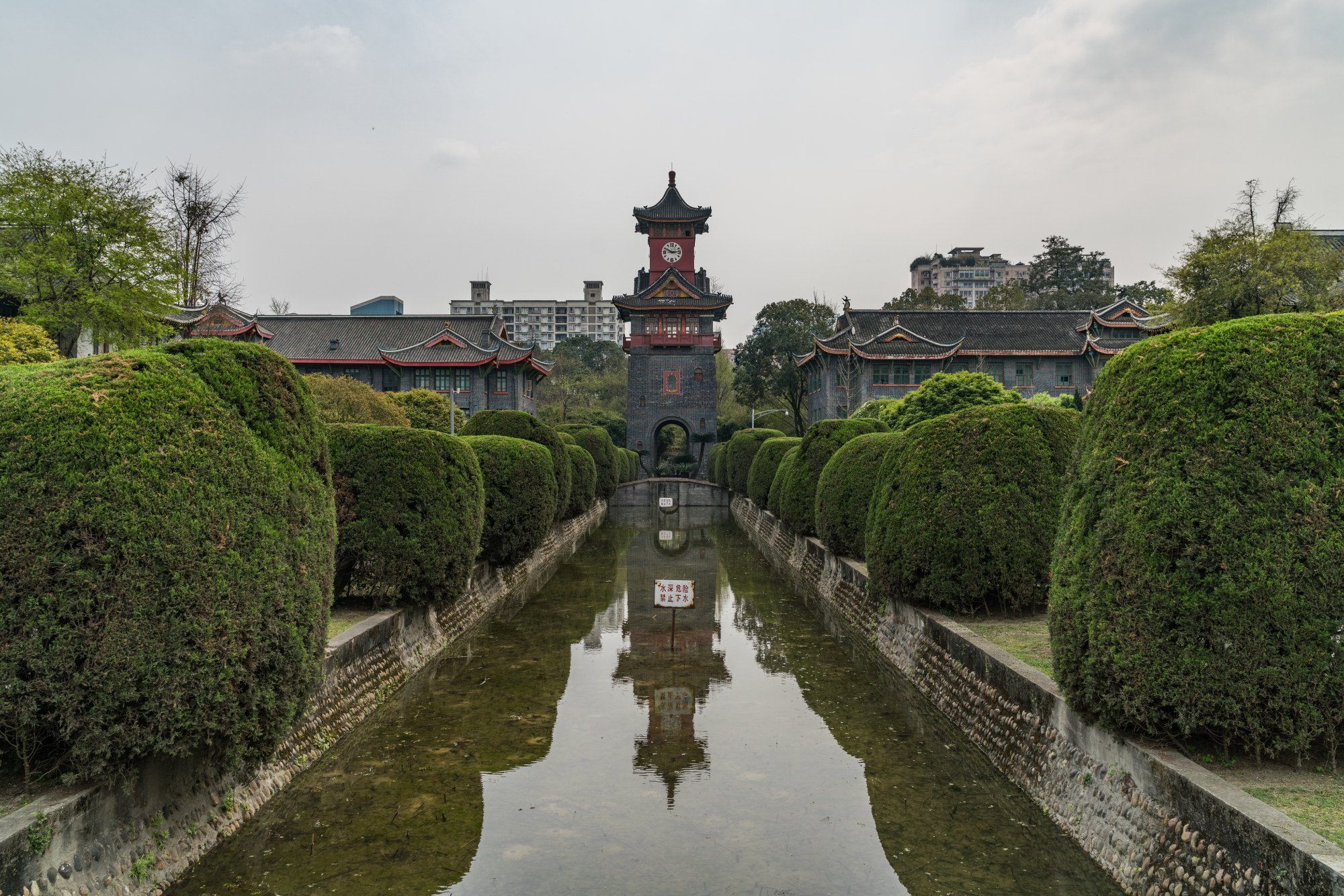
China takes aim at Canada’s move to block Chinese, Russian, Iranian research links
- Chinese foreign ministry says policy is short-sighted and unwise, and that it politicises and weaponises technological cooperation
- Ottawa will not fund tech research with ties to institutions linked to military, defence or security entities deemed to pose national security risks
“The relevant policy from Canada is short-sighted, unwise and harms another without benefiting itself,” Chinese foreign ministry spokeswoman Mao Ning told reporters in Beijing on Wednesday.
Ottawa announced on Tuesday that from spring, no government funding would go to sensitive technological research if any researcher involved was affiliated with, funded by or supported in kind by an institution linked to a military, national defence or state security entity deemed to pose national security risks to Canada.
A list of 103 such institutions were identified, 85 of which are Chinese. Most are academies and universities run by the Chinese military, paramilitary, coastguard, police and the state security ministry, which oversees intelligence. Others include aerospace research and engineering institutions.
Several comprehensive universities – Hunan, Sichuan and Tianjin – also made the list. The three universities did not answer phone calls seeking comment on Wednesday.
Canada also released a list of research areas considered to be sensitive. They include advanced energy technology, nanotechnology, gene therapy, quantum computing, machine learning and natural language processing. But it excludes the use of any technology that may already be ubiquitous.
The lists “provide clear, defined and transparent guidance so that researchers can quickly and efficiently determine if these new requirements apply to the scope of their research and to their grant application”, the Canadian ministers of innovation, health and public safety said in a statement.
“Although the policy will come into effect in spring 2024, the government of Canada may immediately take research affiliations into account as part of research funding decision-making processes, should risks be identified.”
Publishing the lists was part of a policy announced in February that aimed to protect Canadian state security and intellectual property.

Canadian newspaper The Globe and Mail has reported that academics at 10 leading Canadian universities published 244 papers from 2017 to 2022 with scientists at the National University of Defence Technology, which is run by the People’s Liberation Army (PLA).
David Vigneault, director of the Canadian Security Intelligence Service, said in October that the agency had been warning Canadian universities about engagement with PLA-linked institutions, as well as Beijing’s military-civil fusion policy.
The policy enlists the private sector to help modernise defence and develop cutting-edge technologies.
“So that means everything that they’re doing in our universities and in new technology, it’s going back into a system – very organised – to create dual-use applications for the military,” he said.

